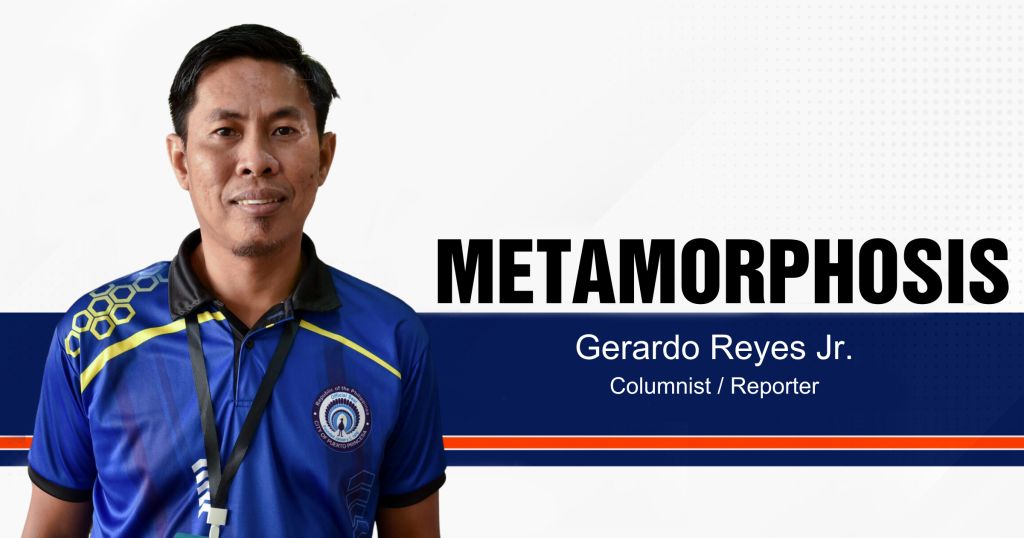In the Philippines, many landfills are reaching capacity or are already full, posing a significant environmental and public health threats. It is important to note that waste generation is closely linked to population density and economic activity. Therefore highly urbanized cities especially that in the national capital region such as Manila, Caloocan, Navotas, Makati, Malabon, Marikina, and densely populated areas tend to produce more solid waste.
This is mainly due to the increasing volume of unsegregated solid wastes that LGUs or their service providers still collect these despite the fact, that Republic Act 9003, also known as the Ecological Solid Waste Management Act of 2000, mandates waste segregation at the source. This means that individuals and households are required to separate their solid waste into biodegradable, recyclable and residual solid wastes.
If segregation of solid waste at source is mandated, then it is also necessary to have a separate collection of solid wastes.
The Barangay Local Government Unit (BLGU), whether urban or rural, can set up their own composting area where they can provide adequate space for biodegradable wastes such as kitchen scraps, fruits and vegetable peelings, shavings, shells or crusts from nuts and eggs, and other leftovers, food wastes, even yard and other agricultural wastes.
In this way, the BLGU can collect the segregated biodegradable solid wastes from households within their jurisdictions. Hindi na po kailangang City or Municipality pa ang hahakot sa mga biodegradable solid wastes, kundi si Barangay na.
A collection vehicle similar to a motorcycle with improvised cart like topdown or any vehicle could do. The important is that, segregated biodegradable solid wastes should not reach our landfills but rather it should be composted for future use. A good quality compost ranges from P20 to P80 per kilo, or even higher.
Then, what will happen to the segregated recyclable solid wastes? The Barangay LGU can initiate also a separate collection schedule for these recyclable solid wastes such as glass bottles, plastic bottles, tin cans, scrap plastic, cardboards, papers, etc. They can create a group chat so that households in a specific purok will be updated on collection schedule.
Or, the Barangay LGU can partner with informal waste collectors or mangangalakal, who will collect it from the households. Kung si mangangalakal na ang mangongolekta ang magiging role na lang ni Barangayay suporta in terms sa vehicles (a side car, top down or kariton will do) and area kung saan mahugasan at ma-classify ang mga recyclables.
Imagine, if the City and Municipal LGU or their service providers will only collect the segregated residual solid wastes. It will extend the life span of the sanitary landfills, and the solid waste collectors will not be exposed to filthy, putrid, and stinking mixed of solid wastes, if we will only start to learn how to segregate
